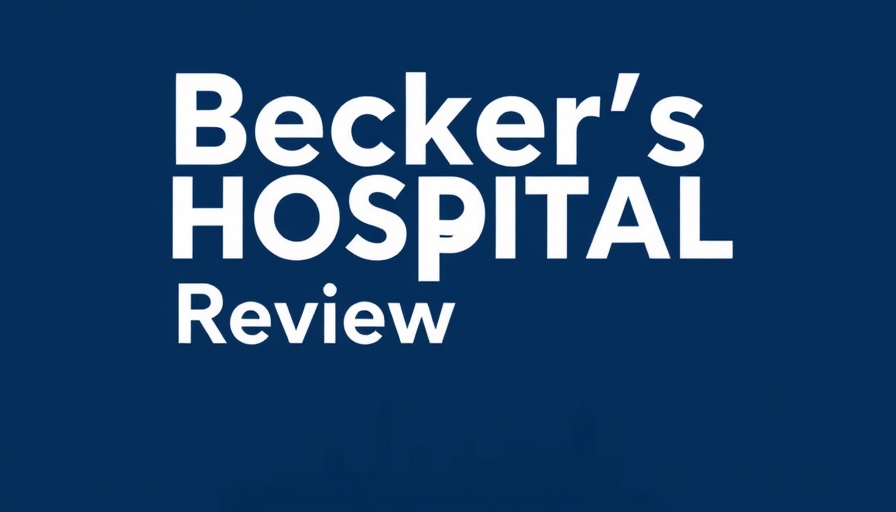
Understanding the Growing Concern of Suicidality in Older Adults
Recent medical discussions underline a troubling trend: the rise of suicidality among older adults. Studies reveal alarming statistics about the methods and rates of suicide in this vulnerable age group. Various factors contribute to this issue, including mental health, social isolation, and the stigma surrounding seeking help. Many experts emphasize that the presence of firearms and access to lethal means can exacerbate this problem.
Empowering Primary Care to Tackle Opioid Use Disorder
In addition to suicidality, the treatment of opioid use disorder (OUD) in primary care settings is gaining traction. As millions of U.S. adults grapple with OUD, many healthcare providers are unaware of the medications available for treatment. Addressing this gap in knowledge can empower primary care physicians to make a significant impact in managing this epidemic.
Collaborative Approaches to Enhance Patient Care
The integration of mental health services into primary care models may offer a pathway to improving outcomes for older adults experiencing suicidal thoughts and those struggling with OUD. By fostering an environment where patients feel supported and understood, healthcare providers can enhance the efficacy of their interventions.
Innovations in Healthcare Delivery: A Closer Look
Telemedicine and digital health tools have emerged as critical innovations, allowing for better accessibility to necessary mental health and addiction services. However, the effective implementation of these technologies requires ongoing training and education for healthcare providers.
The Importance of Continuing Education for Healthcare Professionals
As healthcare continues to evolve, continuing medical education (CME) programs become essential in equipping providers with the knowledge they need to manage complex issues like suicidality and OUD effectively. Such programs can encourage evidence-based practices and enhance physician productivity while promoting patient safety strategies.
Community Awareness and Involvement
Increasing awareness about these pressing issues within communities can also contribute significantly to prevention efforts. Engaging with community leaders and educating families about the signs of mental health struggles can foster a support system that could prevent suicide in older adults.
Common Misconceptions Surrounding Older Adults and Mental Health
Despite rising suicide rates, many myths about older adults' resilience and ability to cope remain pervasive. It is crucial to debunk these misconceptions to foster a more supportive environment where older individuals feel comfortable seeking help. By properly addressing these issues, healthcare professionals can create tailored approaches that resonate with older adults.
In conclusion, tackling suicidality in older adults and opioid use disorder in primary care requires a multifaceted approach. By highlighting the intersection between these issues, empowering providers through continuing education, and fostering community involvement, we can work towards a stronger healthcare system that recognizes and supports the unique needs of our aging population.
 Add Row
Add Row  Add
Add 




Write A Comment